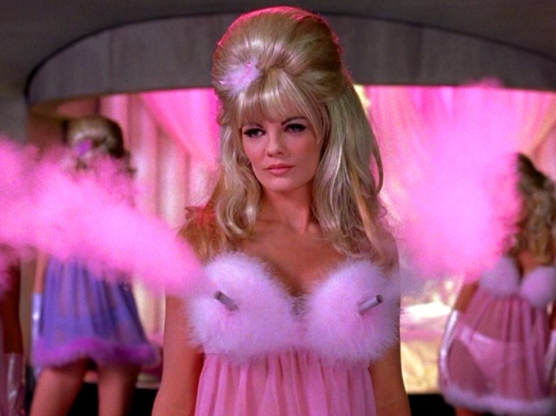While the flagrancy of misogyny in all things persists at a steady clip (need one mention the current ruler as a reference once again?), there is at least one glaring area of modern life that rarely gets praise for its unicornness in terms of female exaltation: the use of women’s voices in “intelligent personal assistants” (which isn’t intended to be a dig at regular, i.e. human personal assistants like Andy Sachs). It began with Micrsoft’s Cortana, became immortalized by Apple’s Siri, got fetishized by Her and has persisted in the creation of similar offshoots like Amazon’s Alexa and Evi.
The motive behind the only noticeable aspect of misandry in the technological realm? Science. You see, for as generally looked down upon (whether unwittingly or not) as women are for representing the “lesser” sex, they still certainly seem to possess a quality extremely rare in males: being soothing. According to well-researched evidence, the human brain is naturally conditioned to respond more positively to the female voice being that, you know, your mother’s is all you hear whilst in the womb (though, granted, certain serial killers might argue that this is precisely what made them hate the sound of a woman’s voice/turn gay).
Even so, it isn’t just biology that has established the female voice as the prevalent one in the realm of “assistants.” As was the case during World War Two, when the selection of a woman to vocalize the navigation system in an airplane’s cockpit had nothing to do with her fulfilling some sort of femme bot fantasy to soldiers far from pussy, so much as the fact that it stood out from the male majority in the “unit.”
But now that times have changed (theoretically) and girl power/omnipresence has overtaken the world (at least in Germany) thanks to Geri Halliwell, is there any reason to persist in utilizing women for the primary purpose of rattling off information robotically without seeming to express a single opinion of her own?
And yet, because women are deemed the more welcoming and warm between each gender’s vocal pitch, studies conducted by corporations have concluded that it is the female voice that establishes the most trust and sense of credibility with users. Ironic when considering that Jack Nicholson as Melvin Udall once responded to the question of how he writes women so well by remarking, “I think of a man, then I take away reason and accountability.”
While, on the surface, it might come across as positive that women, even fake ones, have such a strong presence in something–anything–examining the root of why they’re preferred for this particular purpose leaves much to be desired on the equality front. They have the power to influence your thoughts and feelings, to be sure. Then again, is it an insult more than anything else that the only dominant role the female voice is given in tech is one that fits neatly into a glorified secretary’s position? A smarter than most of her male counterparts secretary, but a secretary nonetheless. When taking into account that Silicon Valley is populated primarily with men, perhaps the overwhelming presence of female intonations in intelligent personal assistants is merely a skewed reflection of how they view a woman’s continued “place” as auxiliary, subservient and, most important of all, doting.






















